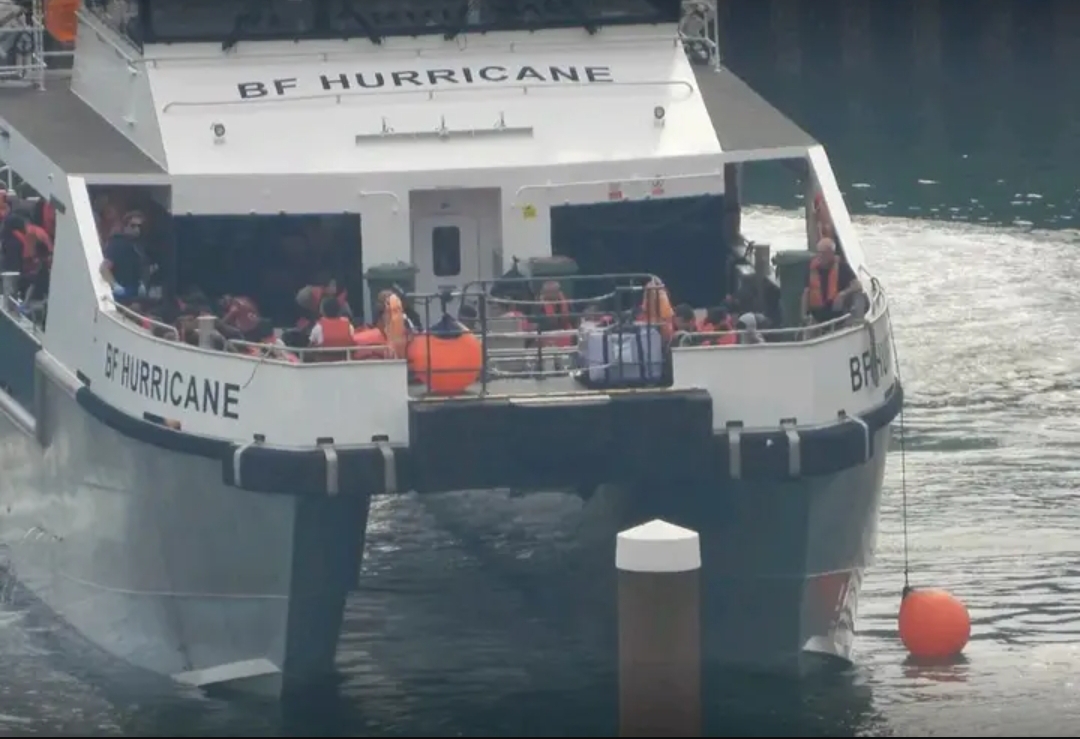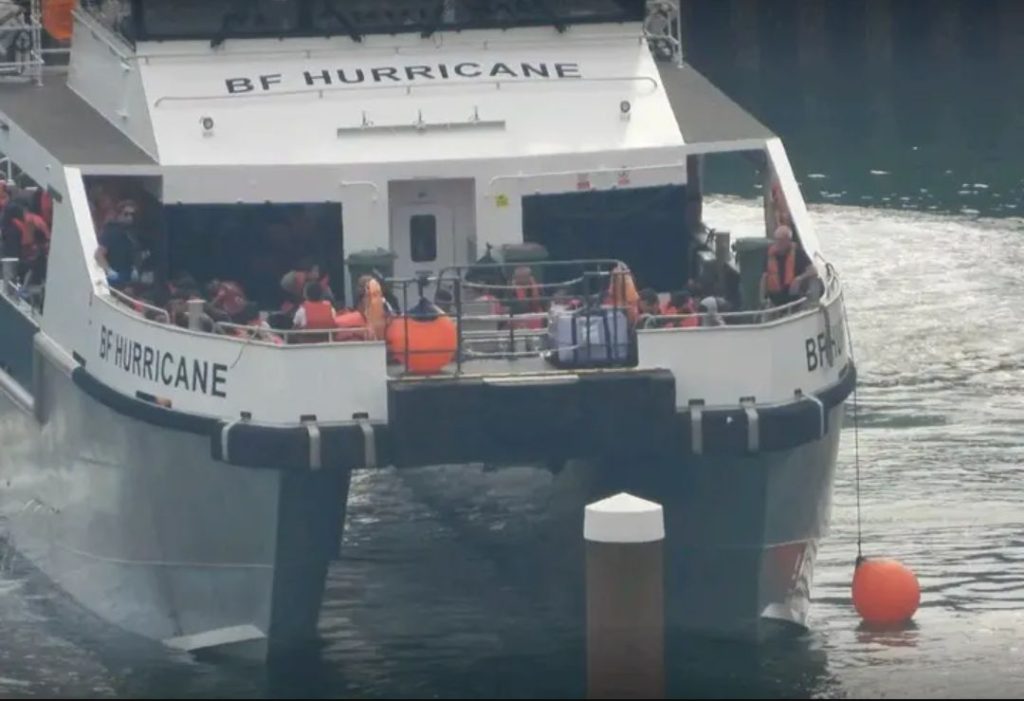
Just hours after the recoveries on that fateful Friday morning, French authorities intercepted seven additional small boats carrying 292 migrants. Miraculously, all were safely brought to the processing center in Dover, highlighting the persistence of individuals willing to endure great peril in pursuit of a better future.

As the death toll rises, criticism over the handling of the crisis intensifies, directed at both British and French authorities. Human rights groups argue that restrictive migration policies force migrants into resorting to perilous methods facilitated by ruthless smuggling networks. Advocates call for the establishment of safer and more humane pathways for asylum seekers, coupled with increased collaboration between the UK and France to dismantle smuggler networks and prevent further loss of life at sea.
However, political leaders continue to emphasize border security and advocate for harsher penalties for illegal crossings, perpetuating the impasse. The crisis persists, claiming more victims with no apparent end in sight. Until the root causes compelling migrants to risk their lives at sea are addressed, the English Channel remains a perilous graveyard for those seeking refuge in Britain.
In yet another tragic incident, a second migrant has lost his life attempting to cross the perilous waters of the English Channel, marking the second fatality in a mere two days amidst the ongoing crisis. The victim, identified as a Sudanese man, was discovered lifeless on Sangatte beach near Calais on a fateful Friday morning. This grim discovery unfolded just hours after another incident claimed the life of a man in his 30s, emphasizing the escalating dangers faced by those undertaking this treacherous journey.
According to a report by GB News, the circumstances surrounding the Sudanese man’s death remain shrouded in uncertainty, prompting French authorities to initiate an investigation. Disturbingly, the deceased was part of a larger group of approximately 70 migrants who courageously attempted the hazardous voyage from Sangatte beach to the UK in a small boat.
This latest tragedy follows closely on the heels of a harrowing event off the coast of Dunkirk on the same day, where a small boat carrying over 60 migrants began sinking, triggering a dramatic rescue operation. Despite valiant efforts, one man was pulled unconscious from the frigid waters and succumbed to the perilous conditions.
The gravity of the situation was underscored by the hospitalization of a second unconscious man airlifted to Calais in critical condition. Tragically, the search for two additional individuals believed to have been on board the distressed vessel was fruitless, bringing the suspected death toll to three.
Authorities have taken swift action, arresting an individual accused of piloting the ill-fated dinghy, who now faces potential manslaughter charges. Prosecutors are delving into whether criminal networks of smugglers bear responsibility for the recent string of deadly incidents.
These heart-wrenching events thrust the spotlight back onto the ongoing migration crisis in the English Channel, a crisis that has gained momentum in recent years. Shockingly, over 40,000 migrants crossed the Channel in 2022 alone, a record high that experts anticipate will be surpassed in 2023. The motivations driving migrants from Africa, the Middle East, and South Asia to undertake these desperate journeys range from escaping poverty and persecution to fleeing the ravages of war.
However, the harsh reality is that many of these individuals pay exorbitant sums to smugglers for the opportunity to reach the shores of the UK, embarking on perilous journeys in overcrowded and unseaworthy vessels. The toll from such journeys has been devastating, with at least 51 deaths recorded in the Channel last year alone and over 200 fatalities since 2018, making it one of the deadliest migration routes globally.
Maritime experts stress that the latest incidents also underscore the inherent risks of attempting the Channel crossing in winter. Unforgiving winds and frigid water temperatures during this season significantly elevate the likelihood of catastrophic outcomes. Yet, despite the alarming statistics and the evident dangers, each new tragedy seems to do little to dissuade migrants determined to forge new lives in Britain.
Just hours after the recoveries on that fateful Friday morning, French authorities intercepted seven additional small boats carrying 292 migrants. Miraculously, all were safely brought to the processing center in Dover, highlighting the persistence of individuals willing to endure great peril in pursuit of a better future.
As the death toll rises, criticism over the handling of the crisis intensifies, directed at both British and French authorities. Human rights groups argue that restrictive migration policies force migrants into resorting to perilous methods facilitated by ruthless smuggling networks. Advocates call for the establishment of safer and more humane pathways for asylum seekers, coupled with increased collaboration between the UK and France to dismantle smuggler networks and prevent further loss of life at sea.
However, political leaders continue to emphasize border security and advocate for harsher penalties for illegal crossings, perpetuating the impasse. The crisis persists, claiming more victims with no apparent end in sight. Until the root causes compelling migrants to risk their lives at sea are addressed, the English Channel remains a perilous graveyard for those seeking refuge in Britain.




